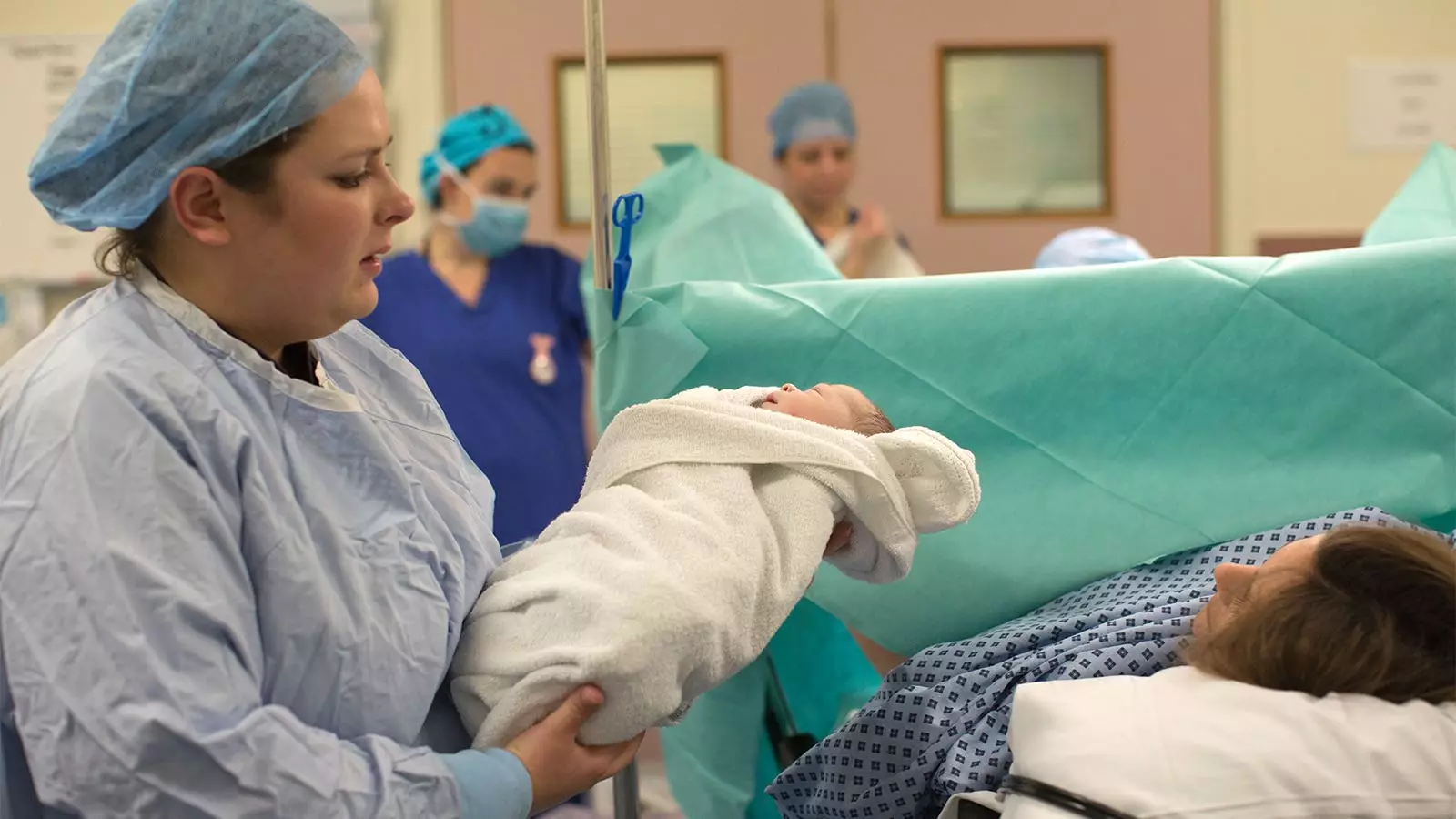As a medical student, it is crucial to acknowledge the significant impact of childbirth-related post-traumatic stress disorder (CB-PTSD) on women who have experienced traumatic births. While some medical providers may be desensitized to the complications that can arise during childbirth, it is essential to understand that the development of PTSD after childbirth is a real and recognized phenomenon affecting a considerable percentage of women postpartum. This condition is associated with negative maternal and child health outcomes, including decreased maternal attachment.
One of the unique aspects of CB-PTSD is the constant trigger that the patient faces in their everyday life: their newborn baby. Unlike other traumatic events that are recognized by standard PTSD screening questionnaires, childbirth is often overlooked as a potential trigger for PTSD. This lack of recognition can lead to many women suffering from CB-PTSD going undetected and untreated, as their symptoms are not being specifically addressed or identified early on.
It is essential for healthcare providers to prioritize the mental well-being of postpartum patients in addition to their physical health. By incorporating a more detailed PTSD questionnaire that recognizes childbirth as a potential traumatic trigger into postpartum assessments, providers can better identify high-risk patients who may be experiencing CB-PTSD. This early detection allows for timely intervention and the opportunity to connect patients with appropriate therapy and support.
In addressing CB-PTSD, it is crucial for healthcare providers to collaborate with psychiatric colleagues to ensure that patients receive the tailored therapy and support they need. By working together, healthcare teams can provide comprehensive care that addresses both the physical and mental aspects of a patient’s postpartum experience. This collaborative approach can lead to better outcomes for women who are struggling with the effects of traumatic childbirth.
As aspiring healthcare professionals, it is our responsibility to prioritize the mental health of our patients, especially when it comes to addressing conditions like CB-PTSD. By keeping CB-PTSD in mind during postpartum visits and incorporating thorough assessments, we can help patients process their experiences and ultimately heal. It is essential for providers to create a safe and supportive environment where patients feel comfortable discussing their mental health concerns without judgment.
Addressing childbirth-related post-traumatic stress disorder is crucial for the overall well-being of postpartum women. By recognizing the unique challenges of CB-PTSD, opportunities for early detection and intervention, collaboration with psychiatric colleagues, and advocating for patient well-being, healthcare providers can make a significant impact in improving the mental health outcomes of women who have experienced traumatic births. It is imperative that we prioritize the mental health of our patients and provide them with the support and care they need to heal and recover from the effects of CB-PTSD.

Leave a Reply